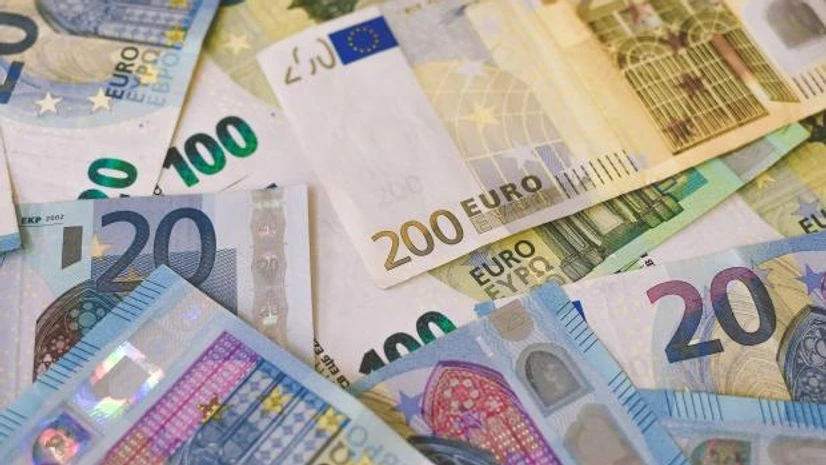The euro fell on Thursday after the European Central Bank kept its policy stance broadly unchanged, sticking to plans to slowly unwind stimulus.
The euro turned negative, falling 0.1% to $1.08820 as of 1210 GMT after the ECB confirmed its plans to cut bond purchases, commonly known as quantitative easing, this quarter, then end them at some point in the third quarter.
Interest rates will, however, only go up "some time" after the end of bond buys and they will be gradual, the ECB added.
Antje Praefcke, FX analyst at Commerzbank, said the market will not have a preference for the euro over the dollar until there is more clarity about whether the key rate will be raised in the fourth quarter.
"I think the market will want to wait and see how the Ukraine conflict and the energy sanctions develop," she said.
In the meantime, the dollar index, which measures the greenback against six peers, edged up 0.06% at 99.854, slowly moving closer to its highest since May 2020 of 100.520 touched on Wednesday.
More From This Section
The dollar had been finding support on a surge in Treasury yields this week. But the benchmark 10-year Treasury yield rally paused, after rising to a December 2018 high, as U.S. inflation data this week, while high, was not as bad as some had feared.
The battered yen had some respite, making a small recovery from a 20-year low hit against the dollar.
More than three-quarters of Japanese firms say the yen has declined to the point of being detrimental to their business, a Reuters poll found.
The Swedish crown surged to an eight-day high against the dollar as Sweden's inflation data came in stronger than expected, bolstering expectations for a Riksbank rate hike sooner rather than later.
The bank had indicated in February it planned to keep rates at 0% until 2024, which many now said was unrealistic.
Other central banks tightened monetary policy, reinforcing expectations of higher interest rates globally.
The Bank of Korea surprised markets with a rate hike, while the Monetary Authority of Singapore also tightened policy, sending the Singapore dollar to its highest since February.
On Wednesday, the Bank of Canada and Reserve Bank of New Zealand both raised rates by 50 basis points, the largest hike for each in around 20 years. [FRX/]
(Reporting by Joice Alves; Editing by Nick Macfie and Chizu Nomiyama)
(Only the headline and picture of this report may have been reworked by the Business Standard staff; the rest of the content is auto-generated from a syndicated feed.)

)
